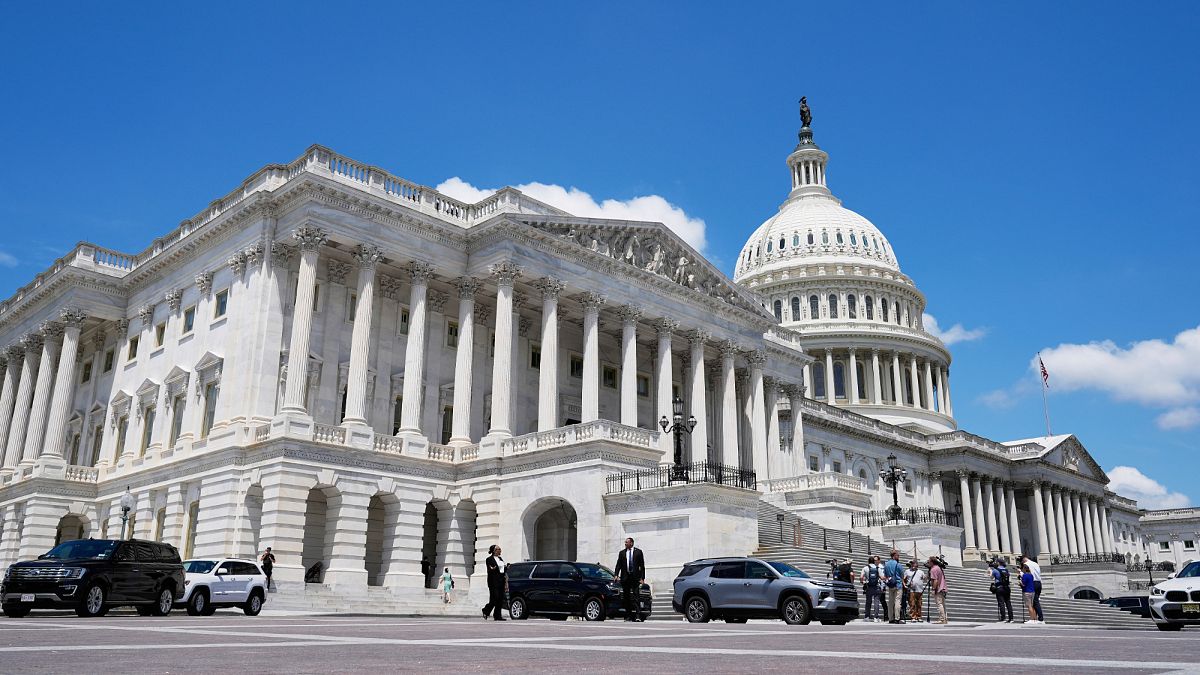

In a world where economic and policy landscapes constantly evolve, recent developments in taxation, trade, and banking have captured significant attention. These events reflect broader trends in how international financial and regulatory frameworks are adapting to changing global dynamics.
In the United States, significant progress has been made on former President Donald Trump’s tax bill, which aims to perpetuate and expand upon the tax relief provided during his initial tenure. This bill introduces temporary new tax breaks while attempting to balance the financial constraints through reductions in spending on vital social programs like Medicaid and food assistance. Though initial support from the Republican Party was shaky, the bill managed to advance through legislative hurdles and is a focal point for ongoing discussions about fiscal priorities and social welfare commitments.
Across the Atlantic, the European Union faces its own set of financial challenges as 14 member states have voiced opposition to the proposed overhaul of the EU budget. In seeking a ‘stand-alone cohesion policy,’ these countries emphasize the need to enhance competitiveness and ensure monetary equilibrium across various regions. This sentiment is rooted in a desire to foster economic convergence while maintaining national policy prerogatives amidst EU-wide budgetary deliberations. The outcome of these discussions could significantly impact the economic landscape of the continent.
Meanwhile, the European perspective on digital policy is becoming increasingly assertive, as revealed by a recent YouGov survey. Respondents from France, Germany, and Spain have called for stricter enforcement of digital regulations by the EU, evidencing a perceived imbalance of power between Big Tech entities and regulatory authorities. This growing demand for robust digital governance reflects broader public concern about privacy, data protection, and corporate influence.
Turning to global trade dynamics, the intricate relationship between the United States and China remains a critical variable for global markets. Amidst ongoing trade negotiations and tensions, American businesses are assessing their supply chains to alleviate potential cost increases. Europe, with its robust manufacturing and technological sectors, is poised as a potential alternative supply source. This shift could open new avenues of trade and economic cooperation, benefiting both the US and European markets in the long term.
In the realm of space exploration, the US Senate has approved significant funding aimed at furthering Moon missions, marking a strategic investment in space capabilities despite some opposition from prominent industry figures like Elon Musk. This decision underscores the enduring importance of space exploration in American policy and its implications for technological development and international space cooperation.
Finally, within the banking sector, Spain’s Santander has announced its acquisition of TSB Bank, signaling an assertive move to expand its footprint in the UK. With this acquisition, Santander is set to become the third-largest bank in the UK by personal current account market share, showcasing continued consolidation trends within the European banking landscape. This strategic development not only underscores the resilience and dynamism of Europe’s financial institutions but also highlights the interconnected nature of modern banking systems.
As these narratives unfold, they collectively paint a picture of a global economy in flux, one where policy, finance, and technology intersect in complex and meaningful ways. While the challenges are many, the opportunities for innovation and collaboration promise a future rich in possibility.
Source: {link}
